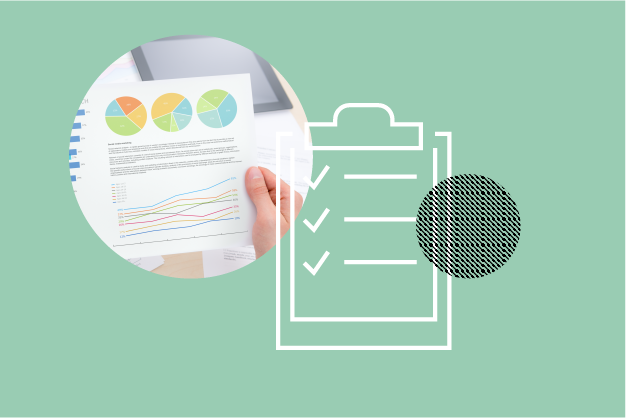
Warren Buffett once said: “Success in investing doesn’t correlate with IQ once you’re above the level of 25. Once you have ordinary intelligence, what you need is the temperament to control the urges that get other people into trouble in investing.”
Successful investing requires arguably something even rarer: the ability to identify and overcome one’s own psychological biases. And that doesn’t concern only big (and common) wrong moves, such as trying to time the market, chasing short-term returns, not diversifying enough, or taking too much risk. It also concerns smaller hang-ups that can take a toll on your portfolio.
Here you have five examples of “small” mistakes investors can easily fall into:
Over-Complicating things
Many people think investing is complicated, messy stuff that you couldn’t possibly handle on your own. No wonder so many investors become paralyzed with fear and indecision, and often find themselves in complex or expensive products that they don’t really need. Even if it is true that there are some people (very few) who have delivered tremendous returns by using arcane investment strategies, the rest of us would probably just need a well-built straightforward portfolio.
It is a mistake to assume that simple isn’t necessarily better when often it really is. In fact, most advisers suggest having a simple, broadly exposed equities fund at the core of an investment portfolio rather than anything too specific or niche.
Mistaking “Cheap” For “Not Good”
A general rule of thumb is that “you get what you pay for”. We know, for example, that if we are paying more for a car, we’re usually getting a better car. But this rule doesn’t necessarily hold true in the investing world. Generally speaking, paying less will get you better long-term returns, helping your money compound faster over the years. It is a mistake to think that if a fund charges a little bit more, the manager has to be better – in fact, it has been shown time and again that many active managers consistently fail to outperform the cheapest index funds.
Overlooking Small Numbers
With so much data competing for investors’ attention, it’s easy to overlook the smaller numbers or what seem like small differences. But this can be damaging in the long term, especially when it comes to costs. You might think, for example: “That difference could it possibly make if I pay 1% for a fund versus paying 0.60%”? Well, when that money gets compounded over the years, that can be a huge difference. If you invest €10,000 in a fund charging 0.2%, assuming no capital growth, after 20 years you would have €9,608 left. If the fund charged 1.5%, however, you would have just €7,391 left after that period. In investing, it is a mistake to blow off small numbers because they look unimportant. And the same holds true with inflation: even small percentages on long term make an enormous deal in terms of eroding your purchasing power.
Forgetting the Simple Stuff
Investing is all well and good, but it's still crucial to have an easily accessible emergency stash of cash in case the unexpected happens. Many experts suggest setting aside at least six to 12 months’ worth of living expenses.
Letting your money sleep in your cash saving account is arguably the worst option (right after putting it under the mattress) - the interest is almost always lower than inflation, so you’re constantly losing money in real terms. When it comes to liquidity, instruments that offer the best risk/reward ratio change very quickly. Therefore, in contrast with your stock and bond investments, where buying and holding is often the right answer, you may have good reason to be more hands-on with your cash accounts.
Listening to the Noise
Over the years, investors have gained much more access to information. They can get it on 24-hour news, through the internet or via social networks. Plugging into economic data and newspaper headlines will hardly help anyone to better position their portfolio. The whole investment industry tries to invest ahead of the news flow, so by the time we read about it or see it on TV, it’s usually already factored into security prices.
A more effective approach is to let valuations be your guide as to what to do next. Basically, it means that you should periodically rebalance your portfolio, cutting back on the securities that have performed really well, and adding to those areas that look undervalued. That's a better guide to market performance than the news’ flow.




















